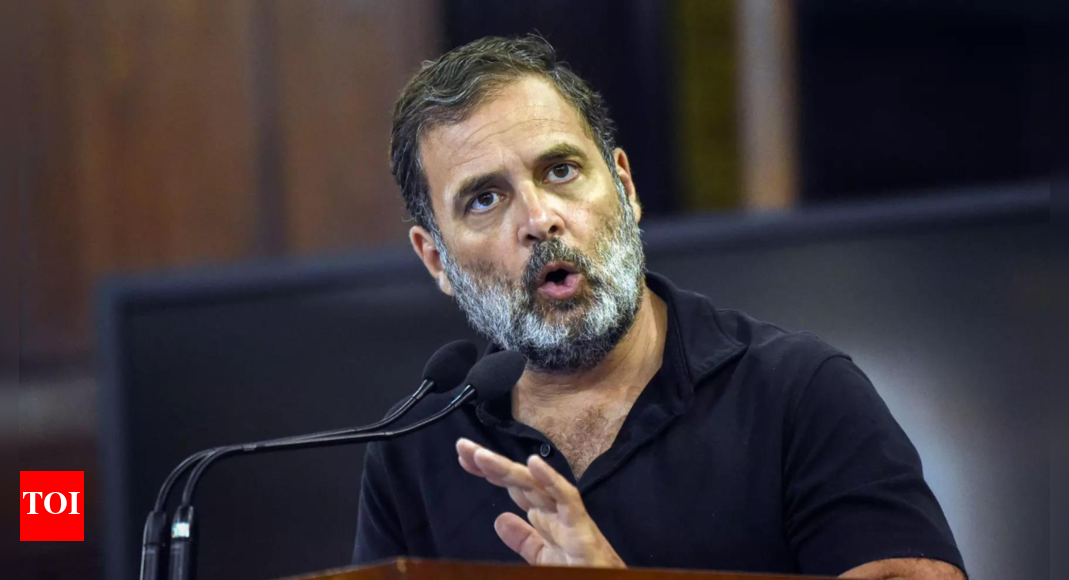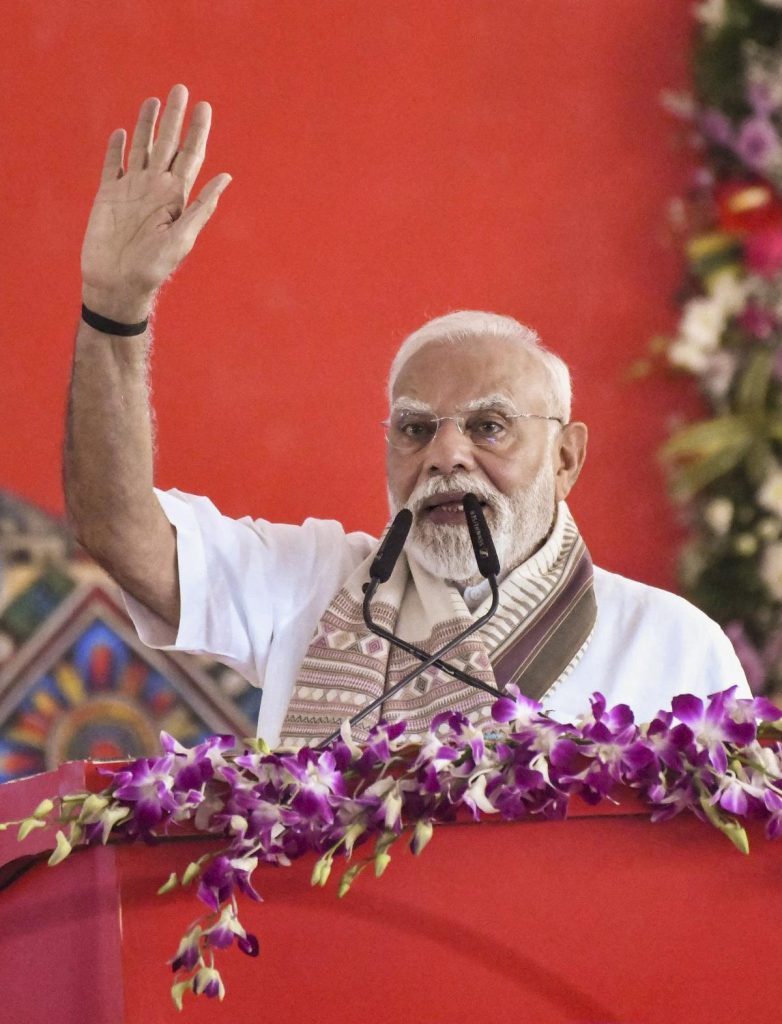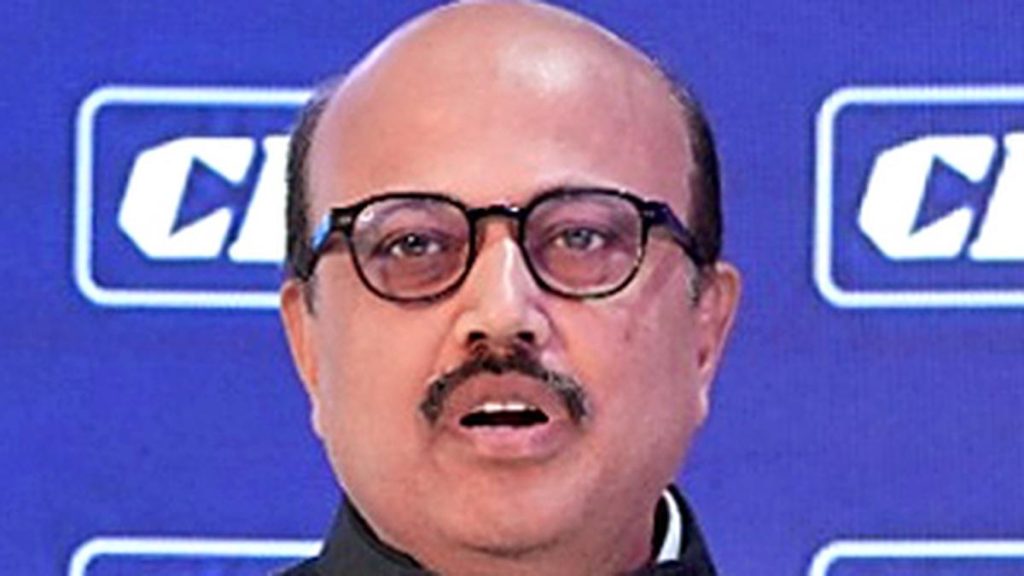Now Reading: Rahul Questions VP Dhankhar’s Absence at Nominee Felicitation
-
01
Rahul Questions VP Dhankhar’s Absence at Nominee Felicitation
Rahul Questions VP Dhankhar’s Absence at Nominee Felicitation

Swift Summary
- Congress MP Rahul Gandhi raised concerns about the abrupt resignation adn subsequent absence of former Vice president Jagdeep Dhankhar,likening the situation to an Agatha Christie mystery.
- At a gathering to felicitate opposition VP candidate B Sudershan Reddy, Gandhi questioned why Dhankhar has remained silent despite his outspoken reputation in Rajya Sabha.
- Congress President Mallikarjun Kharge framed the VP election as “Constitution vs RSS,” emphasizing it as an ideological battle for the nation’s future.
- Opposition MPs expressed concerns over BJP’s alleged attempts to stifle parliamentary fairness and opposition voices through actions perceived as advancing RSS ideology.
- VP nominee Reddy pledged to restore constitutional sanctity in parliament, referencing Dr. Ram Manohar Lohia to underline public accountability’s central role in democracy.
- Rahul Gandhi remarked that Reddy carries a copy of India’s Constitution with him everywhere, reflecting his commitment to defending its principles.
- The Modi government’s new constitution bill was criticized for potentially destabilizing state governments by permitting removal of jailed ministers and chief ministers after 30 days. Kharge highlighted previous misuse of parliamentary majority to strengthen autonomous agencies against opposition leaders.
Indian Opinion Analysis
The developments surrounding former Vice President Jagdeep Dhankhar’s resignation pose questions about political transparency within high offices. Rahul Gandhi’s remarks tap into broader concerns about institutional integrity amid shifting political dynamics. Mallikarjun Kharge and other leaders’ call for safeguarding constitutional values highlights ongoing ideological clashes between ruling and opposition parties.
Reddy’s declaration promising fairness in Rajya Sabha proceedings aligns with widespread critiques from non-BJP members regarding biased functioning under previous leadership. Furthermore, critiques of the Modi government’s constitutional bill signal potential power struggles at state levels-issues that merit careful observation given their implications on federalism.
While oppositional rhetoric underscores rising polarization in Indian politics, grounding arguments around defense of democratic principles may resonate deeply with citizens questioning current trajectories within governance frameworks.
Read More: Click Here
























